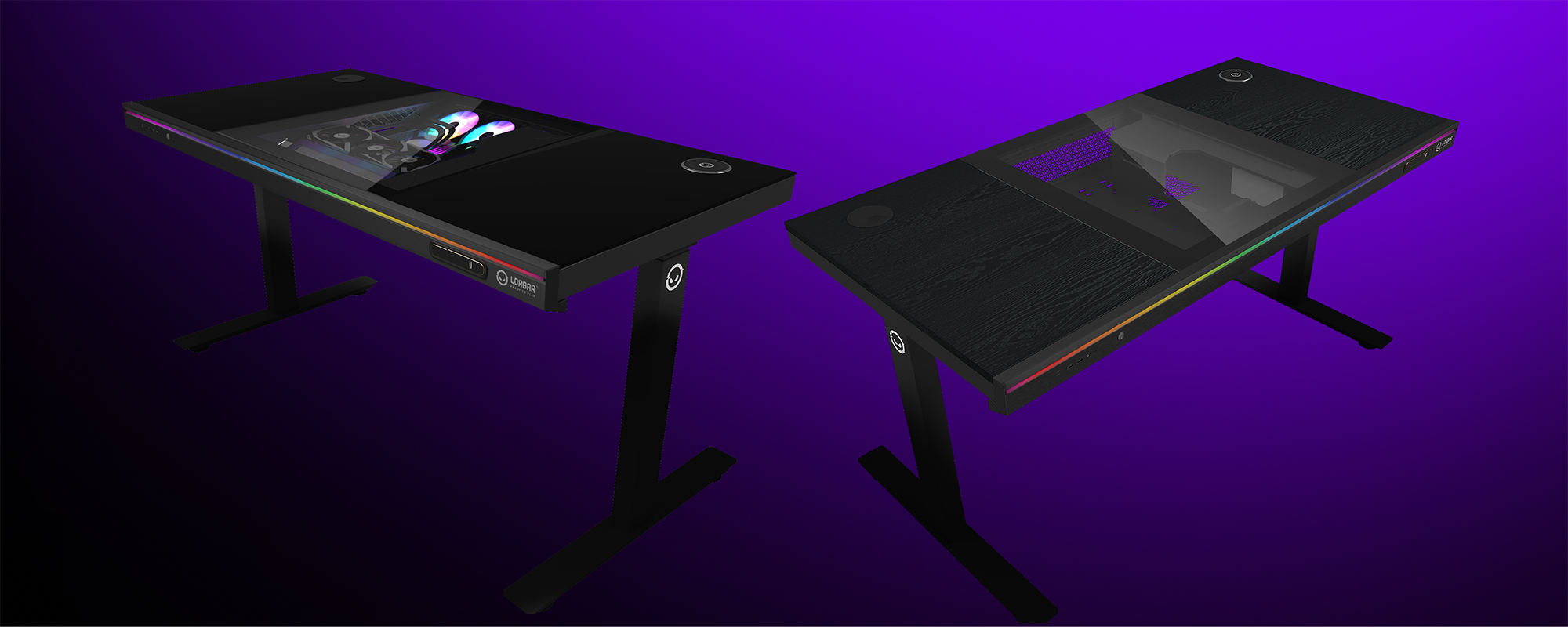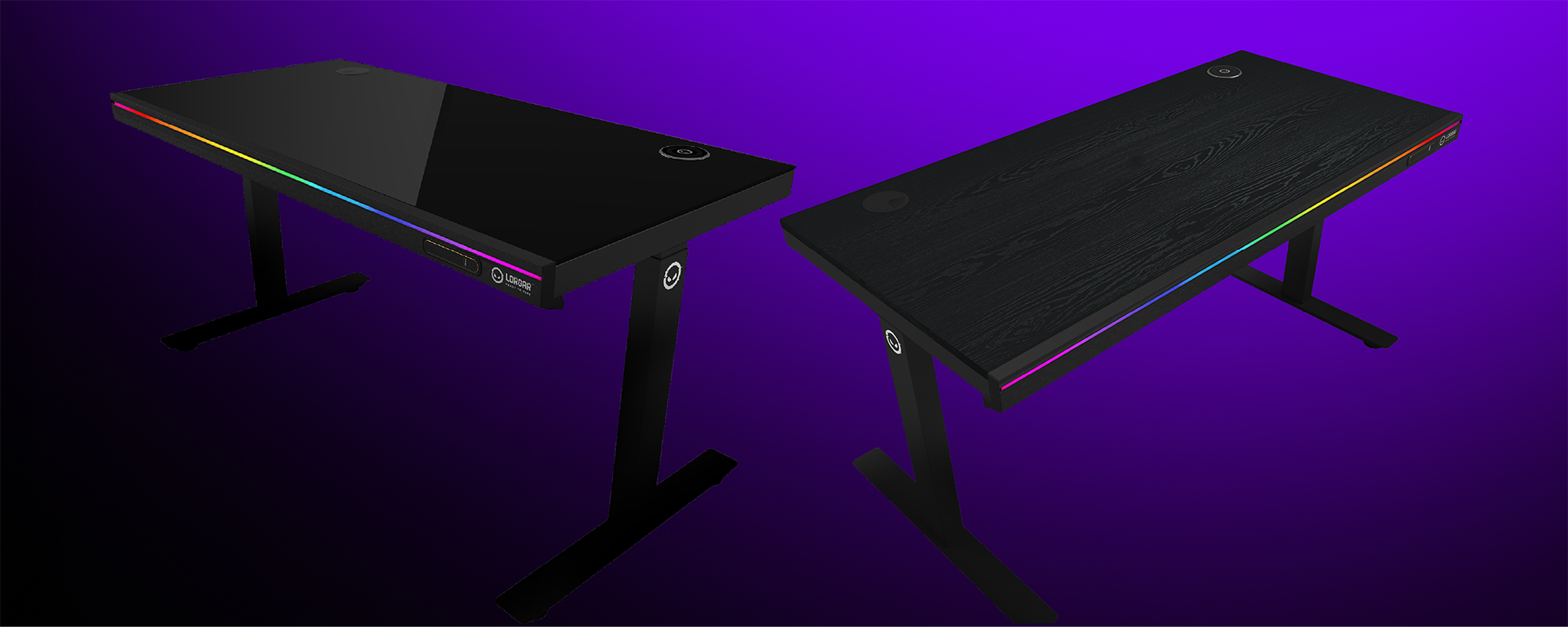High-quality artificial intelligence in a game is a crucial factor for its success. AI in video games is important because it controls NPC behavior, their reactions to player actions, and opponent behavior in combat. Poorly designed AI can ruin the gaming experience, no matter how visually impressive the game may be.
AI in video games
To begin with, let’s quickly go over what artificial intelligence in games is and why it is used. AI in video games is responsible for the behavior of Non-Player Characters (NPC) or, simply put, non-playable characters.
AI in game development plays a key role, as it determines NPC behavior and their reactions to the player’s actions. If the AI functions poorly and behaves illogically, it can break the gaming experience and disrupt immersion in the game world. On the other hand, well-designed AI enhances the player’s experience, making the game world feel alive.
That’s why, in this article, we’ve gathered some of the best AI in a game. However, the projects are listed in no particular order.
Middle-earth: Shadow of Mordor
Many players consider Middle-earth: Shadow of Mordor to have one of the best artificial intelligence systems among all games. Thanks to the Nemesis system, the developers created some of the most engaging NPC enemies in the action-RPG genre.

Enemies remember past battles, and if they manage to kill the player, they may recall the previous encounter and taunt them. They also adapt to the player’s combat style to counter them more effectively. The game world itself is dynamic and unpredictable — NPCs go about their own activities, fight for power, and the player’s actions directly impact the evolution of the game world.
F.E.A.R
In 2005, Monolith Productions released First Encounter Assault Recon, or simply F.E.A.R. — a first-person shooter with survival horror elements that follows a secret U.S. military unit battling paranormal threats.

For many gamers, F.E.A.R. is one of the best shooters in terms of AI in the history of the genre. Enemies work together during combat, frequently employ flanking maneuvers, take cover effectively, and adjust their tactics based on the player’s actions. This makes battles feel more dynamic and immersive, adding an element of unpredictability.
Alien: Isolation
Released in 2014 by Creative Assembly, Alien: Isolation is based on the iconic Alien film series. The game’s Xenomorph features non-scripted behavior, learning from the player’s hiding spots and checking similar locations in future encounters. The alien’s appearances are always unpredictable, keeping the player on edge.

However, one downside of the AI is that on higher difficulty levels, the Xenomorph is essentially tied to the player’s location. This makes the game feel like a constant hide-and-seek simulator rather than a more freeform survival experience.
The Halo Series
One of the standout features of the Halo series is its artificial intelligence, which the developers have continually refined. The evolution of AI in video games the franchise began with Halo: Combat Evolved (2001), where enemies started adapting to player behavior, improving their coordination, and demonstrating tactical awareness.

Additionally, an in-game fear system influences weaker enemies — if their leader is killed, the rest may flee. With each new installment, AI has become more advanced, with enemies acting more intelligently, shooting with greater accuracy, using attack combinations, and showcasing a wider range of behaviors.
Half-Life
The 1998 release of Half-Life was one of the first games where AI felt more dynamic rather than simplistic. Enemies didn’t just charge at the player head-on; they attempted to use different tactics. Allies also felt more lifelike and useful, though their combat behavior was relatively straightforward.

Half-Life 2 further improved upon this AI, with enemies making better use of cover and employing flanking maneuvers. Additionally, Alyx Vance was one of the first NPC allies considered to be truly intelligent, enhancing player immersion.
Left 4 Dead
Thanks to the AI Director system, the zombie shooter Left 4 Dead became one of Valve’s most celebrated titles. The AI adapted to the player’s performance — if a player was struggling, the game would ease up; if they were doing well, the AI would increase the challenge.

Gunplay also felt more immersive because zombies reacted differently to hits depending on where they were shot, adding a layer of realism to combat.
Gothic
For many players, the AI in Gothic is among the best in the gaming industry. NPCs follow daily routines based on their occupations, and if the player enters a house without permission, the NPC may attack or throw them out. Each character also forms an opinion about the player, affecting how they interact with them.

While Gothic’s AI may seem simple by modern standards, it was revolutionary for its time. Even today, it contributes to the game’s immersive world and atmosphere — something that many modern RPGs struggle to replicate.
BioShock Infinite
BioShock Infinite is remembered not only for its unique setting and engaging mechanics but also for its well-designed AI. Many players consider Elizabeth a perfect example of a companion who enhances the experience rather than hindering it. She actively helps the player, making gameplay more enjoyable. Because of this, some gamers believe that this is a great example of the use of AI in gaming.

As for enemy AI, while not perfect, it avoids feeling overly scripted. Enemies attempt to adapt to the battlefield and react dynamically to unfolding events.
Star Wars: Republic Commando
LucasArts created an engaging shooter with Star Wars: Republic Commando, set in the popular Star Wars universe, featuring well-implemented artificial intelligence.

In this game, squadmates aren’t just passive followers waiting for the player to win battles. Instead, they fight intelligently, constantly healing allies and the main character, enhancing the sense of teamwork. Issuing the right commands in Republic Commando can turn the tide of even the toughest battles.
Starcraft 2
Fans of the Starcraft series consider the AI in Starcraft 2 to be one of the most challenging in gaming history. As a result, the game is often regarded as one of the hardest real-time strategy (RTS) games ever made.

The AI adapts to every move the player makes, forcing them to constantly adjust their strategy. Notably, Starcraft 2 was also used by Google DeepMind to refine its AlphaStar AI, demonstrating the game’s complexity as a testing ground for advanced machine learning.
The Last of Us Part II
Many players believe The Last of Us Part II features an AI system superior to its predecessor. Enemy behavior has become more realistic — they employ varied combat tactics, change positions strategically, and actively counter the player’s actions. Additionally, they react emotionally to a fallen ally, sometimes even panicking.

Ally AI has also been improved. Companions now take more active roles in combat, positioning themselves intelligently for attacks. During stealth sequences, they are harder for enemies to detect, making them more effective partners throughout the game.
Red Dead Redemption 2
Red Dead Redemption 2 is one of the most successful games ever made, not only due to its excellent story and graphics but also because of its well-developed AI. NPCs don’t just exist on the map — they live their own lives. If the player frequently attacks them, they may begin to flee upon sight. Reputation also plays a crucial role, influencing how NPCs and law enforcement interact with the player. Additionally, the player can communicate with the environment, and their actions have long-term consequences.

Enemies utilize different tactics and coordinate their attacks rather than engaging in direct combat. The game’s wildlife also exhibits realistic behavior — horses can be frightened by predators and remember the player’s riding style, while predators hunt weaker prey, and birds react to gunfire.
GTA 5
Another Rockstar masterpiece, Grand Theft Auto V, features an AI system that is nearly flawless.
NPCs react differently to the player’s actions, and every move can trigger a variety of responses. The world feels incredibly dynamic and alive, further enhancing immersion.
However, with the upcoming release of GTA 6, Rockstar has the opportunity to set a new benchmark for AI in gaming.
S.T.A.L.K.E.R.
Since the release of S.T.A.L.K.E.R.: Shadow of Chernobyl in 2007, the game has used the A-Life AI system, which allows NPCs and mutants to live independently in the Zone. This eliminates the feeling of a static game world and significantly enhances immersion.

With S.T.A.L.K.E.R. 2: Heart of Chornobyl, the developers promised an improved AI system, A-Life 2.0. However, at launch, the system wasn’t perfect — much like the game itself — but developers continue working on enhancements.
Kingdom Come: Deliverance II
Kingdom Come: Deliverance II became an instant hit upon release and is already a strong contender for the best game of 2025. Players have praised its AI, noting significant improvements over the first game.

NPCs now react dynamically to the player’s reputation and actions, meaning villagers may treat them with hostility or kindness based on their behavior.





